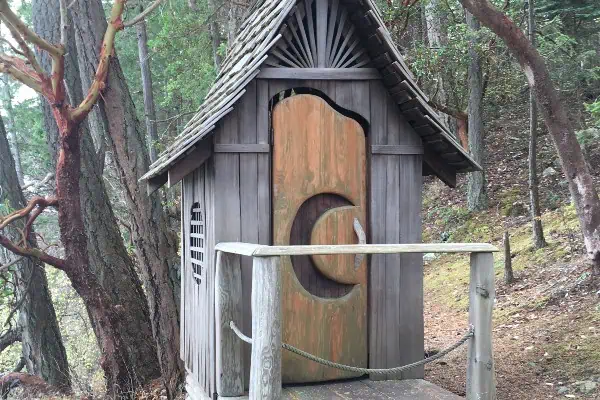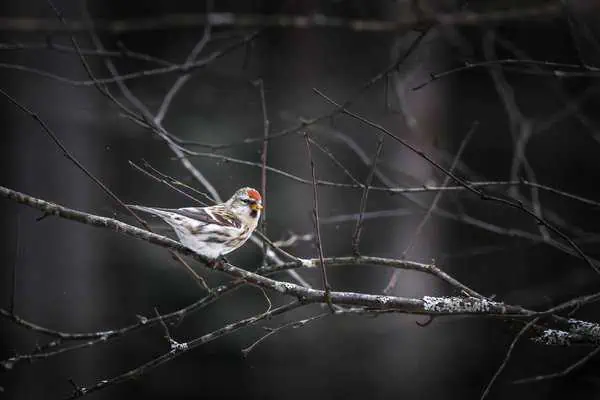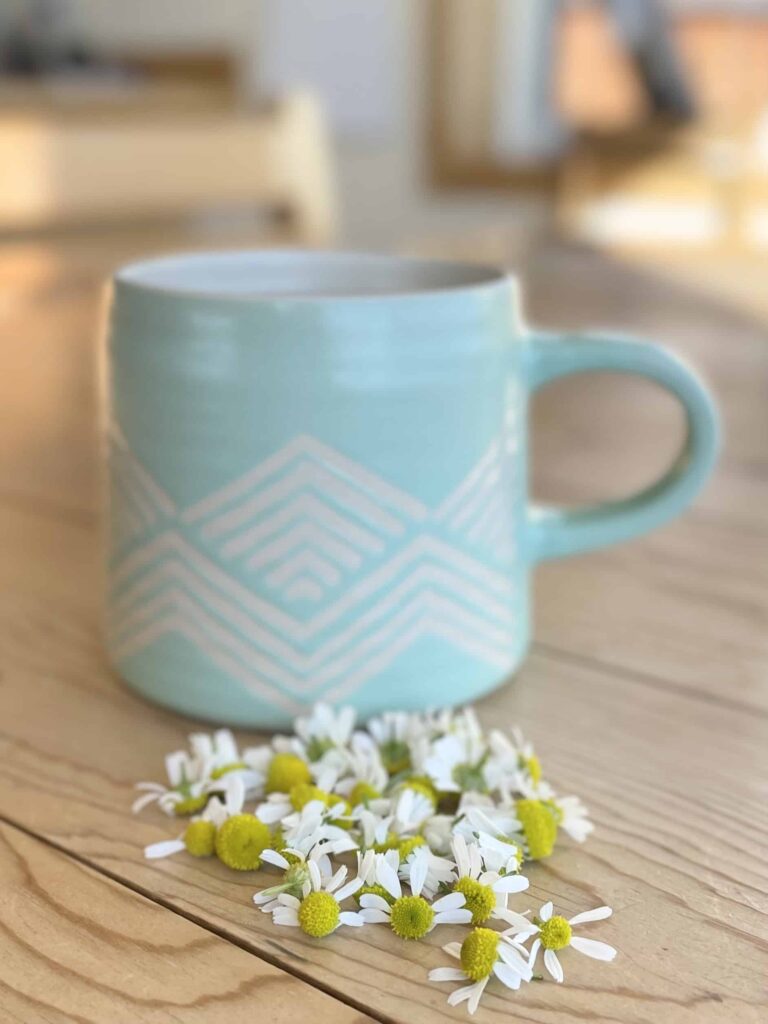
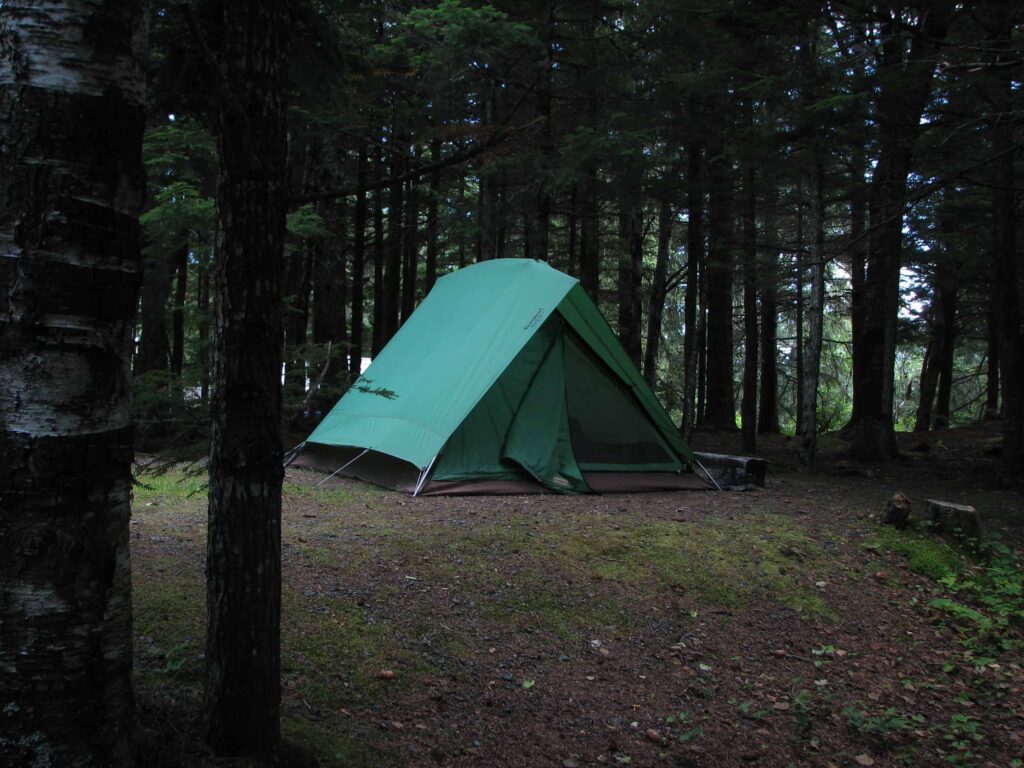
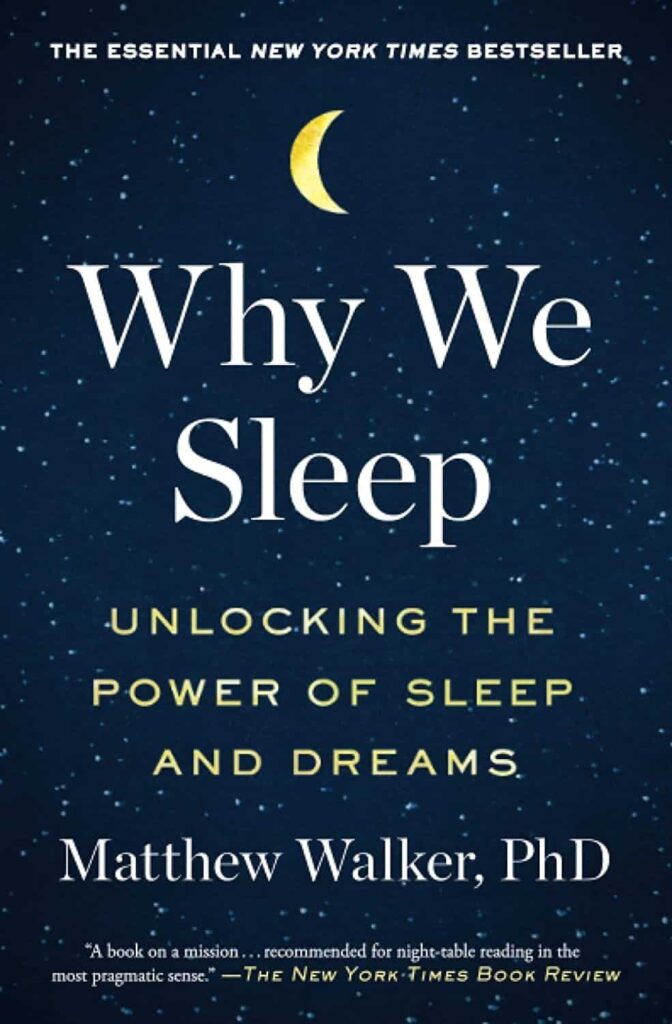
If you’ve ever had a series of sleepless nights, maybe due to a newborn’s erratic sleep schedule, to last-minute studying for finals, to stress-induced chronic insomnia or to an overwhelming work deadline, you probably became aware very quickly of how important sleep is and how a lack of it can seem almost like torture for your body and your mind. It affects everything—your physical well-being (a lack of sleep has been linked to obesity, higher blood pressure, increases the risk for certain diseases and decreases physical performance), your mental health (depression, anxiety, worsened memory, reduced attention span and slowed thinking are all known symptoms of sleep deprivation) and even things like lower pain tolerance, immunodeficiency and hormonal abnormalities: see sleepfoundation.org/sleep-deprivation.
The long hours of daylight, during our northern summers, with its effect on circadian rhythms, can add to an already long list of reasons why we can’t seem to get enough sleep. Our internal clocks respond to light as a signal to be awake and alert. Maybe you’ve noticed a significant decline in sleepiness at this time of year, when the sun barely dips below the horizon; or, inversely, an increase in feelings of tiredness during the dark subarctic winters (and Arctic winters, north of Old Crow). Even if you don’t notice the difference, perhaps your brain has convinced you that you need to do more and sleep less in the summer (in order to take full advantage of the long days), and not waste precious daylight hours.
Matthew Walker, a scientist and professor of neuroscience and psychology, as well as the author of the book Why We Sleep, says, “Sleep is the Swiss army knife of health. When sleep is deficient, there is sickness and disease. And when sleep is abundant, there is vitality and health.”
Vitality and health are arguably worthwhile goals for all of us, especially when they’re said to be attainable by doing something as simple as sleeping a little more. So how can we get closer to getting the necessary hours of restorative sleep needed for the optimal functioning of our bodies and minds during this bright time of year?
Here are some Yukon-style strategies that may help:
Sleeping outside a little more
Summer is camping season, and sleeping outside is actually a great way to improve the quality of your sleep. Some of the best nights of sleep that I’ve had in my life were in a tent. The fresh air, cooler temperatures, soothing sounds of nature and the lack of Wi-Fi are perfect allies for more and better sleep. While sleeping outside every night is probably not realistic for most of us, there are a few things you can do to get similar benefits while sleeping in your own bed. Opening a window (to let in more oxygen in the evening), turning down the thermostat and using a lighter duvet are good places to start.
Getting away from those screens
Another reason why we may sleep better when we go camping is because we generally spend less time on our devices. Studies have found that the blue light produced by our phones and computers has a negative effect on our production of melatonin, and that screen time in the evening prevents us from getting enough sleep: see sleepfoundation.org/how-sleep-works/how-electronics-affect-sleep.
Instead of scrolling on your phone or watching a show before bed, try diving into an old-fashioned book, writing a few pages in your journal, having a hot bath or meditating, to wind down at the end of the day. If you really need to escape for a while by watching something on a screen, consider watching something calm, such as a documentary or a feel-good film, that will help lower your stress level and get you ready for a good night’s sleep. The Facebook page Yukon Wildlife Cams is a great local option: it has a wonderful collection of videos of local wildlife, which I find very relaxing.
Looking to those plentiful plants
Herbal medicine offers many possible solutions for those who find it difficult to fall asleep. There are even several local Yukon plants that can be enjoyed as teas and used for their calming effects. Labrador tea, nettle, rhodiola, valerian and wild chamomile are among them. The chamomile that may be growing in your garden is also an old favourite to help you to relax and improve sleep quality. Although it’s an annual, it grows well in the Yukon and generously reseeds itself the following year. Lavender essential oil can also be used to promote relaxation and rest.
Moving more and eating less
Getting regular exercise has been shown to have a positive effect on sleep cycles. Enjoy any of the variety of Yukon summer sports and you’ll probably find it easier to fall asleep at night. Add in a healthy diet and, preferably, smaller evening meals and you’ll be on your way to getting the recommended eight hours of shut-eye. As well, avoid caffeine and sugar, later in the day, and consider incorporating restorative yoga poses to your evening routine.
Establishing and keeping a routine
So often, I find myself feeling sleepy in the evening but then pull out my phone or decide to do a few more things, before going to bed, and all of a sudden it’s midnight and I don’t feel tired anymore. Research published in scientific reports has shown that having a regular bedtime can be beneficial for all of us (not just for our kids): see nature.com/articles/s41598-018-32402-5. The body likes routines, and waking up early, without an alarm, fully rested, is a real possibility if you go to sleep more or less at the same time, each night, and get up in the morning at a set time, as well (hopefully with 7 or 8 hours in-between).
If these things don’t help and you’re still struggling with sleep by the time August or September rolls around, try taking advantage of the opportunity, in the middle of the night, to watch the first northern lights of the fall, or to enjoy the “return” of the stars as they twinkle in the darkness. And hopefully, this winter will bring more rest.

